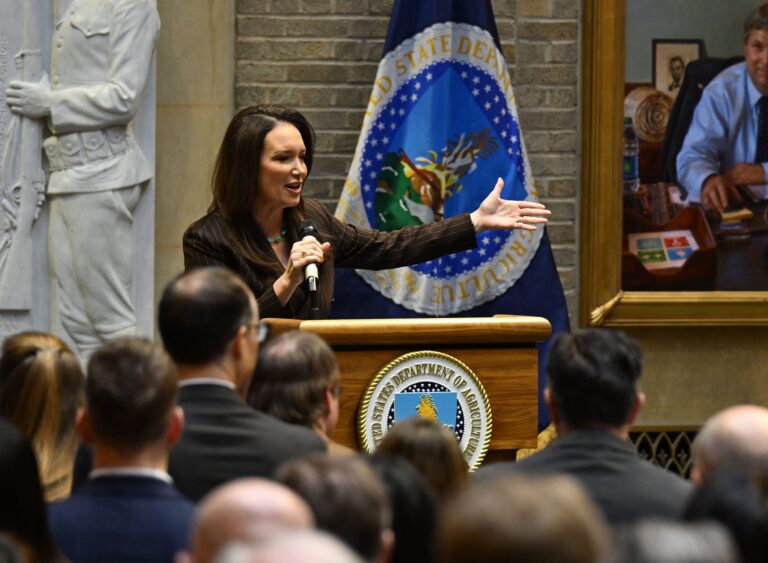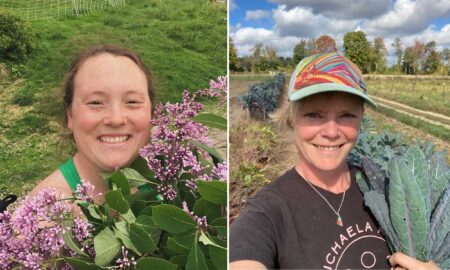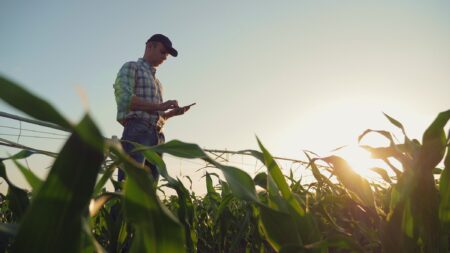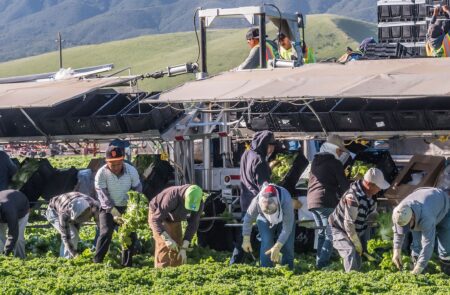It goes without saying that farmers care about what happens in the U.S. Department of Agriculture. Brooke Rollins had no problem getting the votes necessary to confirm her nomination as USDA secretary back in February.
Since then, she’s worked to change the agency and align it with President Donald Trump’s vision.
So what is she doing, and is it serving our family farms? Let’s discuss.
Who is Brooke Rollins?
“Wait, who?” was the general question raised when Rollins’ name was announced for the top spot at the USDA. Rollins was virtually unknown nationally before her nomination, though she does have a farm background. Born and raised on a Texas farm, she was a member of FFA and went on to earn a degree in agricultural development from Texas A&M and a law degree from the University of Texas.
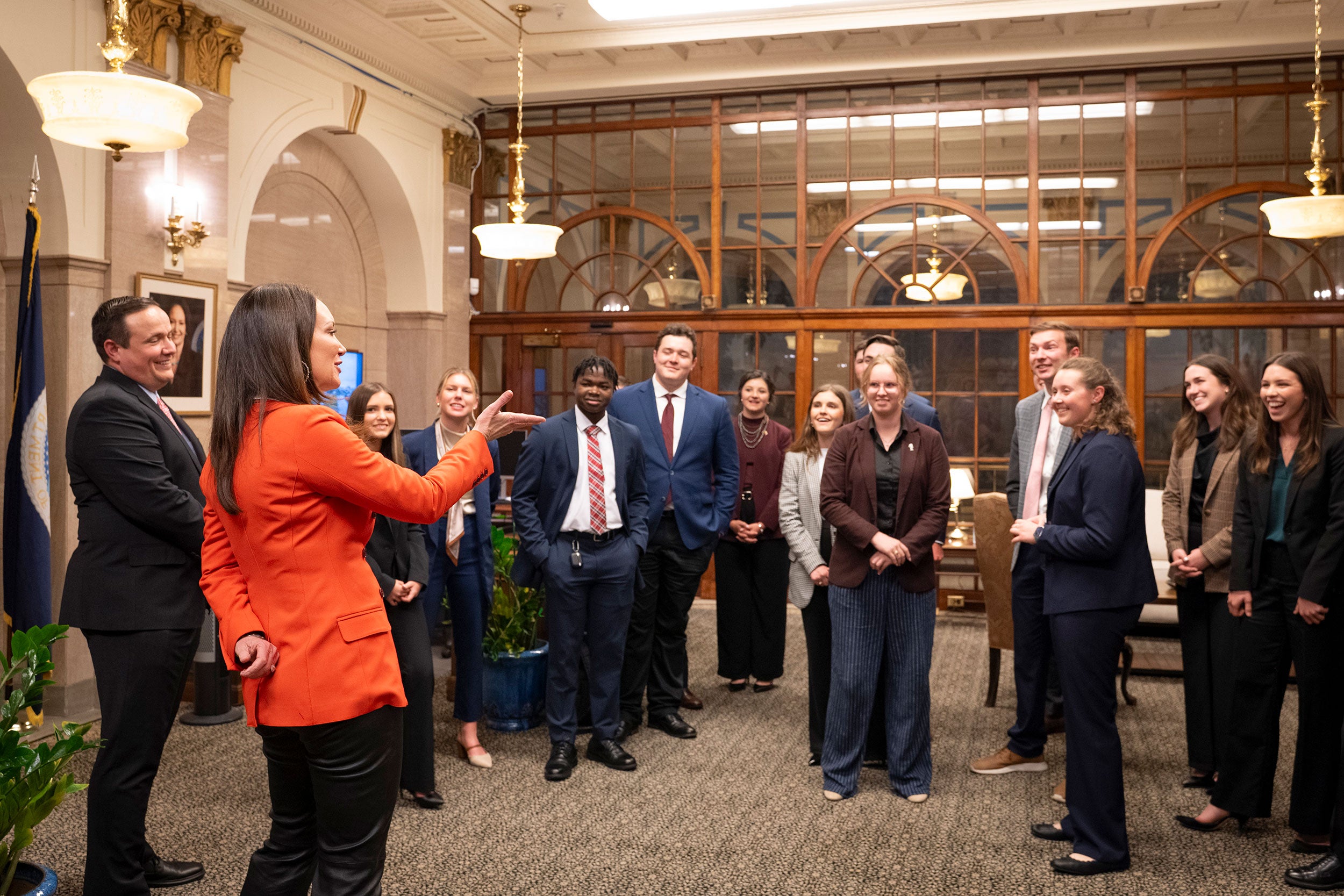
Her professional path was forged in policy — leading the Texas Public Policy Foundation. While she led the oil-backed foundation, the group argued that government support for ethanol caused higher greenhouse gas emissions and rising food prices, claims that are disputed by ethanol advocates. And under her leadership, Rollins called for the end of all farmer subsidies, something the USDA directly oversees.
She later took senior roles in the Trump administration, including heading the Office of American Innovation and serving as Acting Domestic Policy Council Director. Just prior to her nomination, she was president and CEO of the nonprofit America First Policy Institute.
Priorities and plans
Rollins wasted no time moving on some Trump administration priorities. She rescinded over 75 DEI contracts and canceled $132 million in training programs. But she promised not to close any Farm Service Agency offices while Elon Musk’s DOGE confronted federal workers with a (literal) chainsaw.
Rollins has prioritized the avian influenza outbreak by rolling out a robust, science-driven strategy backed by more than $1 billion in federal funding. In late February, she announced an emergency package comprising $500 million for enhanced biosecurity audits and wildlife assessments, $400 million aimed at indemnifying producers forced to cull infected flocks, and $100 million dedicated to vaccine research and therapeutic development.
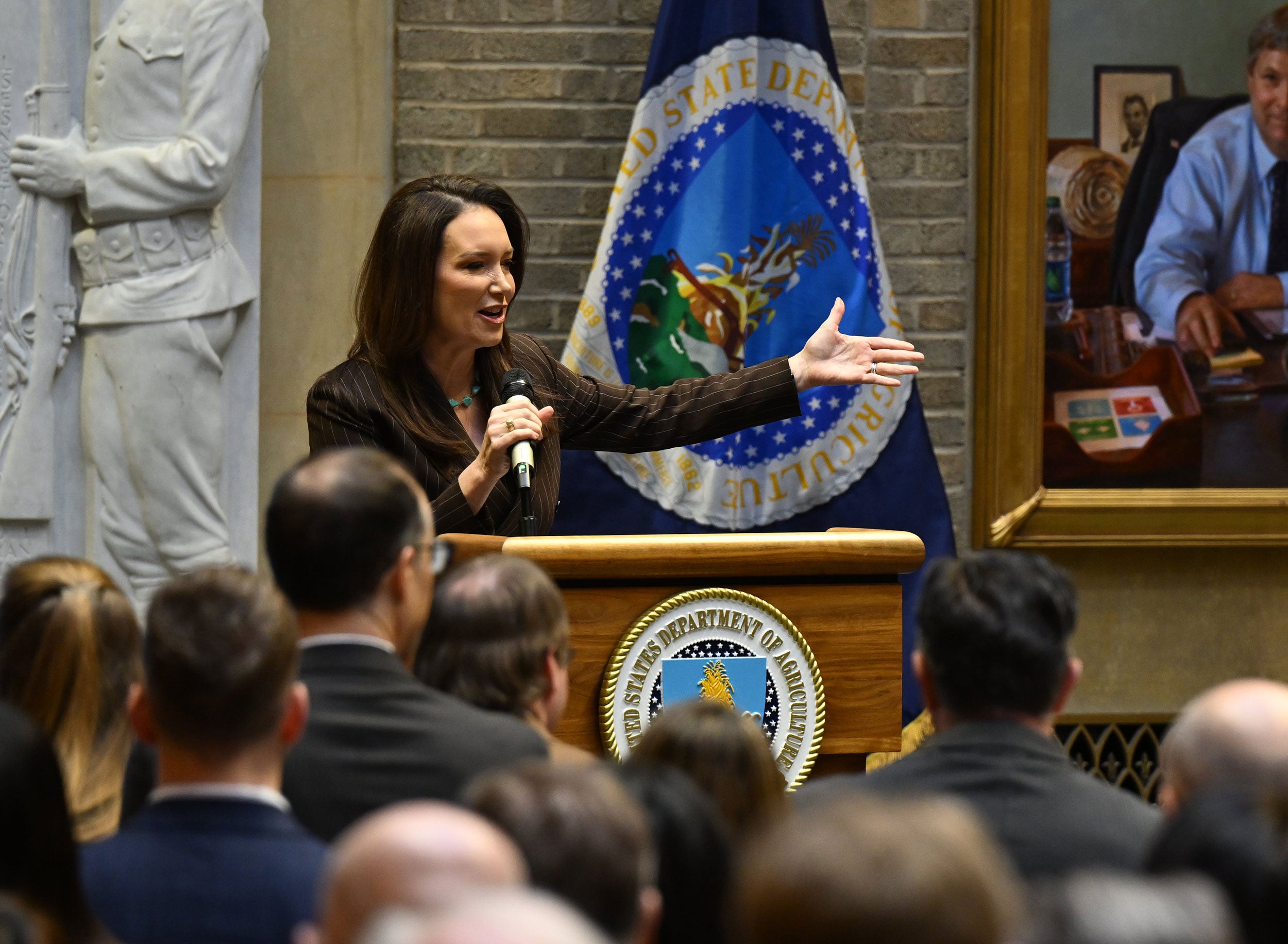

Under her oversight, the USDA also eased domestic egg supply by authorizing temporary increases in egg imports from countries like Turkey and South Korea to stabilize prices. Rollins further coordinated state-level poultry movement restrictions and convened regular meetings with state agriculture officials to ensure a unified, rapid containment effort. Her response has drawn praise from industry groups and veterinarians, who say her leadership demonstrates a strong commitment to protecting animal health and sustaining the economic strength of the poultry sector.
Rollins also traveled across multiple states meeting with farmers and governors to discuss various issues, including farmland protection and other priorities. She also introduced changes to the Supplemental Nutrition Assistance Program to remove soda from the definition of “food.”
Perhaps her biggest achievement so far is softening Trump’s stance on illegal immigrants working on our nation’s farms. Rollins reportedly called Trump following an ICE raid at the meat packing plant, Glenn Valley Foods. She told him that the industry relies on these dependable workers who would be impossible to replace. The following day, Trump announced that ICE would no longer target agricultural workers for deportation. Rollins described it as a “national security” issue.
The elephant in the room
One of the biggest question marks hanging over Rollins’ tenure is her partnership with Health and Human Services Secretary Robert F. Kennedy Jr. Kennedy launched the Make America Healthy Again campaign, pressing for nutrition reforms like banning sugary drinks from SNAP purchases and updating dietary guidelines. Rollins jumped on the bandwagon and signed a waiver removing certain items from the definition of “food” and removing the ability for SNAP recipients to purchase them. On paper, it sounds good. But RFK Jr.’s track record includes years of antagonism toward conventional agriculture, biotechnology, and livestock production.
Rather than push back on his more controversial views, Rollins has called him “truthful and sincere,” and she appears more eager to accommodate than challenge him. She participated in his MAHA report attacking crop protection tools and blaming them for chronic illness. The report was rife with fake citations and lacked the robust scientific support required for such extraordinary claims.
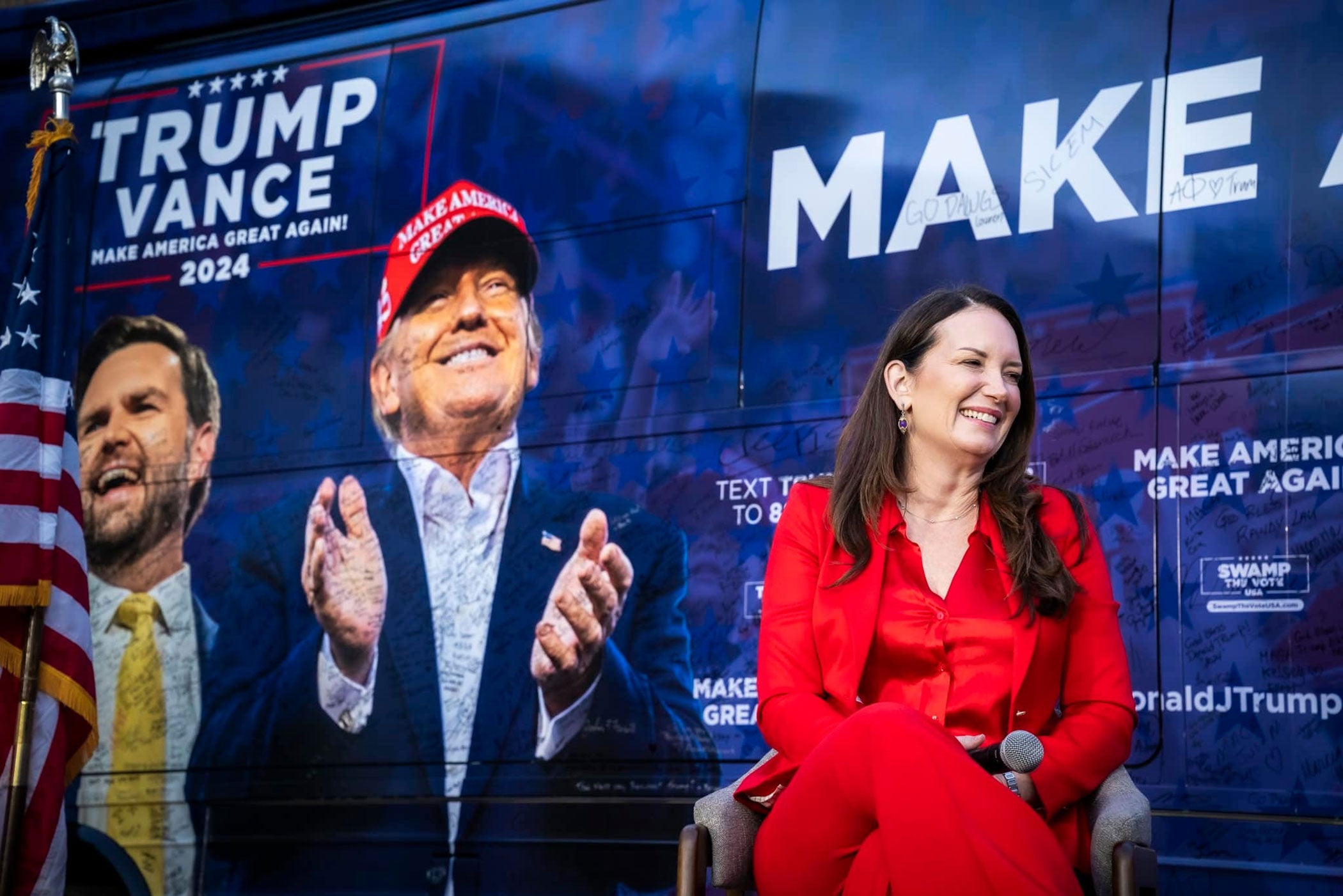

Rollins tried to reassure farmers when she recently testified before the House Agriculture Committee. She defended signing the MAHA report by telling lawmakers she’s been “unequivocal” in her support of the targeted pesticides and that the commission’s findings weren’t her final word. But that testimony directly contradicted the MAHA report, so which is it? Does she understand the vital role crop protection plays in producing the most abundant food system in the world? It seems odd to sign your name to a controversial document if you don’t actually agree with it.
And that seems to be Rollins’ problem: She might have a farm background and she might be farmer friendly, but she hasn’t demonstrated a willingness to challenge Kennedy when it matters. I’m not suggesting she needs to openly defy him and cause a rift in the administration (that, quite frankly, would end her tenure as secretary). But she needs to balance her team membership with the concerns of the people she serves.
What family farmers want — and deserve
Family farmers want a USDA secretary who doesn’t just show up for photo ops, but stands firm when agriculture comes under fire. They want a leader who will defend modern production, back biotechnology, and push back on narratives that unfairly target food producers. And when allies in the administration begin flirting with anti-farm rhetoric, they expect their Secretary of Agriculture to push back — not play along.
Rollins is off to a mixed start. She moved quickly to address the avian flu crisis and connected with farmers. But she needs to show she’s willing to contradict the MAHA movement and stand up for farmers. That’s what we need more than anything at this moment from the person running the USDA.
Amanda Zaluckyj blogs under the name The Farmer’s Daughter USA. Her goal is to promote farmers and tackle the misinformation swirling around the U.S. food industry.


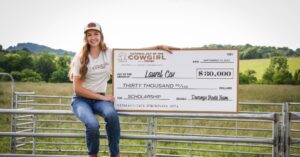
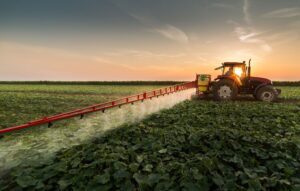
:max_bytes(150000):strip_icc()/Diseaseplaybookksouthernrust-b5873b78fd1949cab74ab000f2db061b.jpg)


